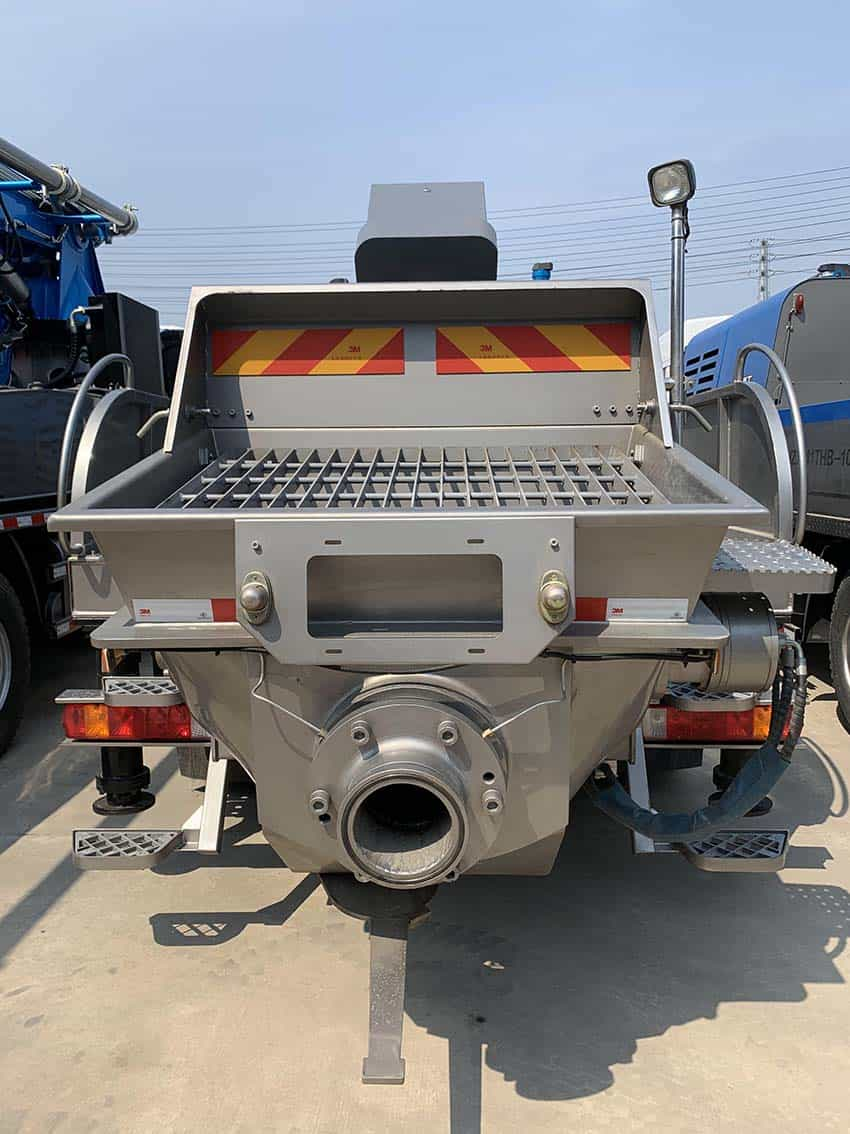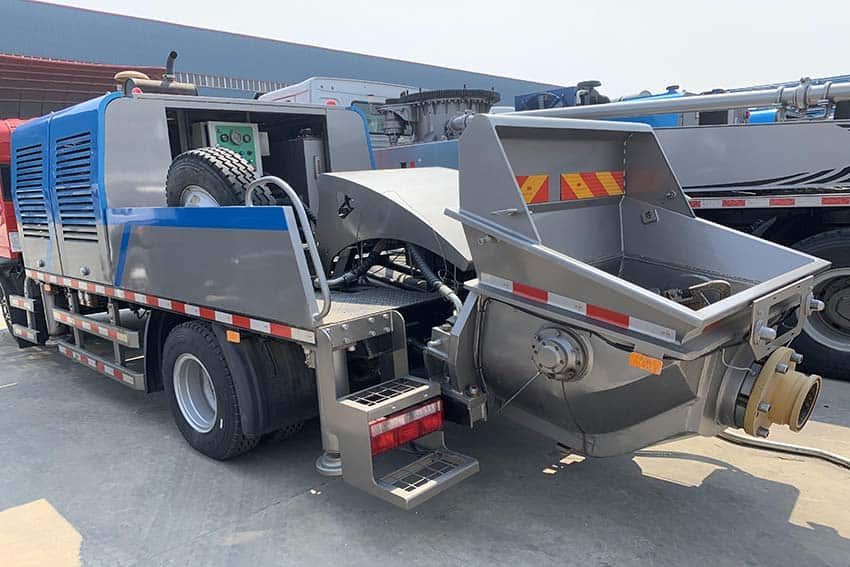how much is a concrete line pump
Last Updated: 2025-08-26
If you’re planning a construction project that requires efficient concrete delivery — whether it’s a residential foundation, commercial building, or infrastructure work — one critical question likely tops your list: How much is a concrete line pump? The answer isn’t one-size-fits-all, as concrete line pump prices depend on multiple key factors, from equipment type and specifications to brand, usage (purchase vs. rental), and even regional market trends. Below, we break down these variables to help you understand the cost landscape and budget effectively.
1. Purchase Price: New vs. Used Concrete Line Pumps
The cost of buying a concrete line pump varies drastically between new and pre-owned units, with new models offering reliability and modern features, while used ones provide cost savings for budget-conscious buyers.

New Concrete Line Pumps
New concrete line pumps are designed for long-term use and come with manufacturer warranties (typically 1–3 years). Their prices are primarily driven by capacity (how much concrete they can pump per hour, measured in m³/h or yd³/h) and power type (diesel or electric):
- Small to mid-range models (30–60 m³/h capacity): Ideal for residential projects, small commercial builds, or repairs. Prices start at around $25,000 for basic electric units and go up to $60,000 for diesel-powered models with enhanced mobility (e.g., trailer-mounted designs).
- High-capacity models (70–120+ m³/h capacity): Built for large-scale projects like high-rise buildings, bridges, or industrial facilities. These units often include advanced features (e.g., automated lubrication, durable S-valves) and range from $70,000 to $150,000 or more, depending on customization (e.g., extended hose compatibility, weather-resistant components).
Used Concrete Line Pumps
Used concrete line pumps are a cost-effective option for short-term projects or businesses with limited upfront capital. Prices depend on age, hour usage, and condition:
- Low-hour, well-maintained units (1–3 years old, <1,000 operating hours): Typically cost 40–60% less than new models, ranging from $12,000 to $80,000.
- Older or high-hour units (5+ years old, >2,000 operating hours): May require more frequent maintenance but cost as little as $8,000–$30,000. Always verify service records and test performance before purchasing to avoid unexpected repair costs.
2. Rental Costs: A Flexible Alternative
For projects that only need a concrete line pump temporarily (e.g., a single home build, seasonal work), renting is often more economical than buying. Rental prices are usually calculated daily, weekly, or monthly and depend on:
- Pump size: Smaller models (30–50 m³/h) rent for $200–$400 per day or $800–$1,500 per week. Larger units (70+ m³/h) cost $400–$800 per day or $1,600–$3,000 per week.
- Rental duration: Monthly rates often offer discounts — expect to pay $4,000–$8,000 for small to mid-range pumps and $9,000–$18,000 for high-capacity models.
- Additional fees: Most rental companies charge extra for delivery ($100–$300), setup ($50–$150), and cleaning ($75–$200) if the pump isn’t returned in usable condition. Fuel costs (for diesel models) are also typically the renter’s responsibility.

3. Key Factors That Impact Final Costs
Beyond new/used status and rental vs. purchase, other variables can raise or lower concrete line pump prices:
- Brand: Premium brands (e.g., Schwing, Putzmeister) known for durability and performance often cost 15–30% more than budget-friendly brands, but they may reduce long-term maintenance expenses.
- Regional demand: In areas with booming construction (e.g., major cities or growing suburbs), prices for both purchases and rentals tend to be higher due to increased competition for equipment.
- Accessories: Essential add-ons like extra hoses (10–20 ft lengths cost $50–$150 each), remote controls, or weather shields can add $500–$2,000 to the total cost.
Final Tips for Budgeting
To get an accurate estimate for your project:
- Define your needs first: Calculate the concrete volume and delivery distance to choose the right pump capacity (oversizing will waste money).
- Compare quotes: Reach out to 3–5 suppliers or rental companies to compare prices, warranties, and included services (e.g., free maintenance for new purchases).
- Consider long-term value: If you’ll use the pump for multiple projects, a new or low-hour used unit may be cheaper than repeated rentals over time.
By understanding these factors, you can make an informed decision about whether to buy or rent a concrete line pump — and ensure your project stays on budget.
TAG: Concrete line pump
